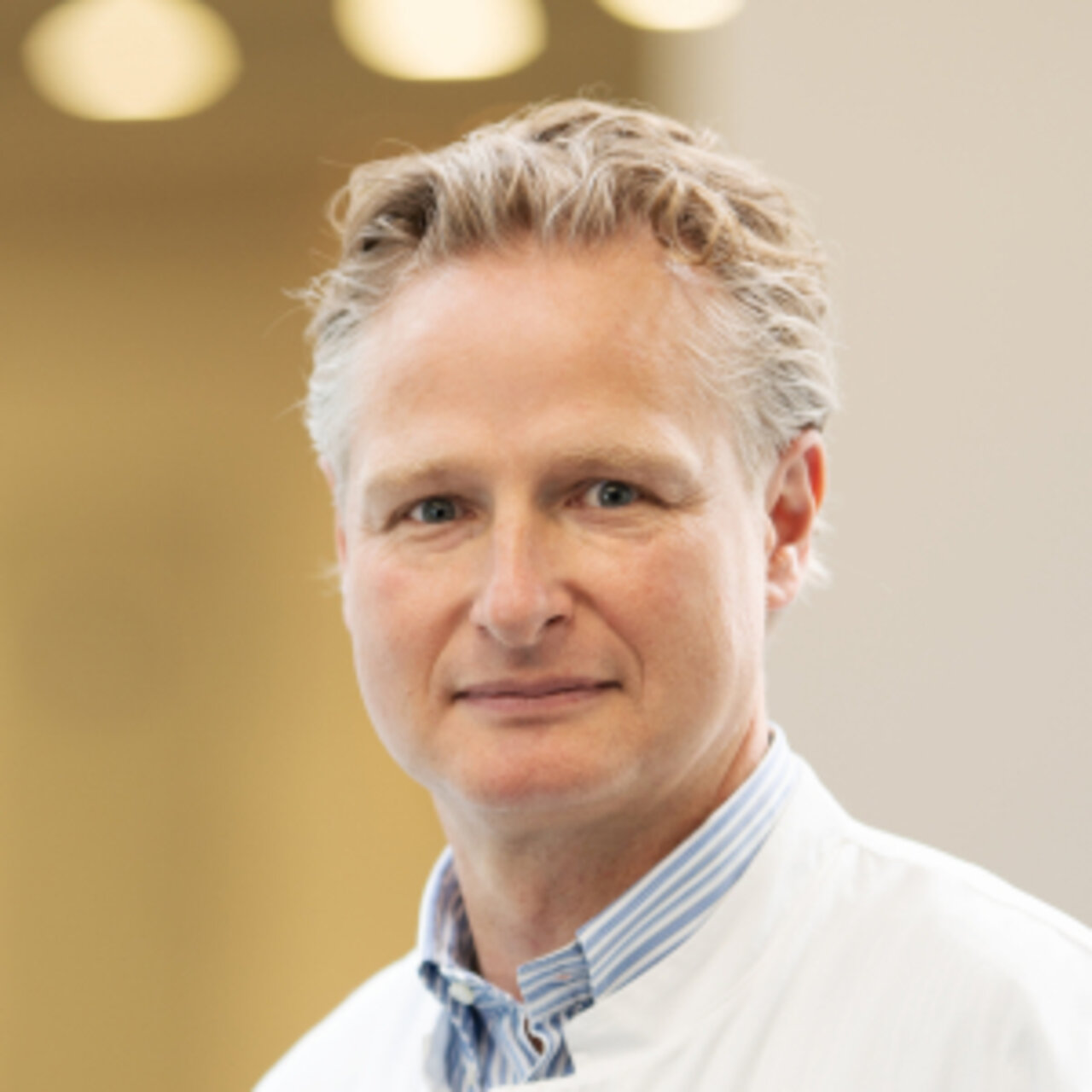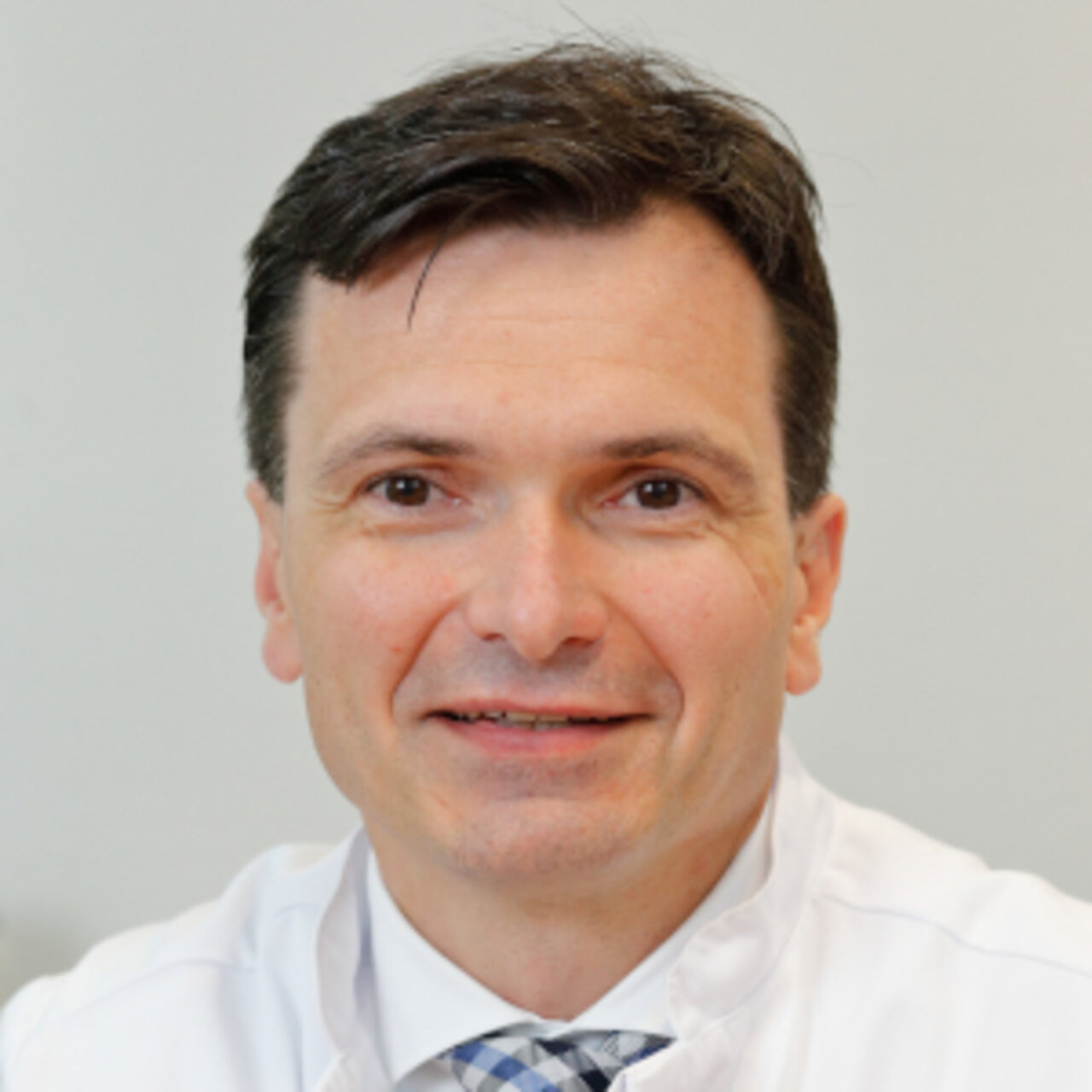Specialists in Heart transplantation
2 Specialists found
Information About the Field of Heart transplantation
When do you need a heart transplant?
If patients develop an irreversible heart weakness (heart insufficiency) due to various causes and cannot manage it with medications, a heart transplant may often be the last option. During a heart transplantation, the weakened heart is removed and substituted by a donor heart. In Germany, around 400 heart transplantations are performed yearly, however, double that amount of patients are registered to a waiting list for a donor organ.
Patients with end-stage heart insufficiency that have exhausted all therapeutic options, must be considered for a heart transplant. Most transplant patients suffer from disorders of the heart muscle, coronary artery disease (stenosis of the blood vessels supplying the heart itself) or severe disorders of heart valves. Once all medications were tried and also surgical interventions such as valve or bypass surgery have been carried out without success, all conditions for a heart transplantation are met.
Heart insufficiency can either develop acutely within hours to days or chronically over the course of many years. Donors often suffer from chronic heart insufficiency and complain about lowered performance, fatigue, dyspnea, edemas especially in the legs, arrhythmias or stabbing chest pain. Children must be considered as a special group of patients. The health status ofN+ newborns with congenital heart defects generally deteriorates much more rapidly than that of adults, therefore heart transplantation becomes necessary earlier.
To be registered to the waiting list, certain criteria must not be met. Diseases which shorten the life expectancy significantly, must first be excluded. Furthermore, active cancer disease, age above approximately 70 years, Diabetes mellitus with insulin dependence, alcohol or drug addiction or lack of cooperation belong to these exclusion criteria. To bridge the waiting period, some patients require circulatory support, for example an artificial heart, a mini defibrillator. This often helps patients in need of a donor organ to survive several years.
How does the organ transplantation work and what are possible complications?
Once the criteria for a heart transplantation are met, the patient will be registered to the waiting list. The severity of the disease as well as the chances of survival without a transplant belong to the decisive factors as to how quickly a patient can receive a donor heart. When it comes to the donor, two independent doctors have to determine him or her as braindead. To be as compatible as possible, donor and recipient need to have the same blood group and the recipient cannot have antibodies directed against certain cellular markers of the donor heart. Furthermore, donor and recipient must have a similar height and body weight (+/- 15%) so that the heart is able to pump adequately. During the procedure, the chest is opened through the breastbone and the patient’s circulation is connected to a heart-lung-machine. Then the sick heart is removed and exchanged for the donor heart. After the surgery, patients are required to take lifelong immunosuppression in high doses (these are medications that suppress the immune system of the recipient) to avoid rejection reactions against the transplant which would irreversibly damage it.
Just like with any other surgery, this heart surgery is associated with general risks. These include disorders of wound healing, bleedings or vessel occlusions. All of these can be managed very well with modern medication. Far more important complications include those which are associated specifically with organ transplantations, as these need to be discussed with the patient in detail. In the course of the procedure, rejection reactions are possible where the body rejects the donor heart. Such rejection reactions may occur acutely right after the procedure or chronically after years. Around 10% of patients develop a chronic rejection reaction per year making it the most common cause of death following heart transplantation in the long run. Also high dose immunosuppression may have side effects. These can represent as frequent and severe infections, cancer caused by the medication (around 6% of patients) or osteoporosis.
How to recognize a rejection reaction?
Given the fact that especially long-term complications of a rejection reaction should be avoided and identified as early as possible, regular control checkups with specialized cardiologists need to be scheduled. Also precise intake of medication and observation of physical signs may be of help. Symptoms of a possible rejection reaction may include a decreased resilience, dyspnea, weight gain through water deposits, irregular heartbeat and fever. Therefore, daily measurement of temperature, blood pressure and weight are recommended and have to be documented. Rejection reactions following heart transplantations are not uncommon but need to be diagnosed and treated as soon as possible to not threaten the integrity of the donor heart. ECG, echocardiography which means ultrasound of the heart and heart muscle biopsy via a heart catheter are carried out for precise diagnosis.
What is the prognosis of life with a donor heart?
Patients with heart insufficiency in later stages that are not treated, die within one year. Conservative therapy according to guidelines (medication, ICD, etc.) can improve the prognosis by 50%.
When it comes to patients after heart transplantation, these numbers are far more positive. Statistically, 90% of patients still live one year after the heart transplantation, after five years it’s around 80% and after ten years it’s still 70% survivors. Furthermore, 90% of all surviving patients are able to have an active life.
However, the numbers of heart transplantations are decreasing due to a worldwide lack of donor organs.

